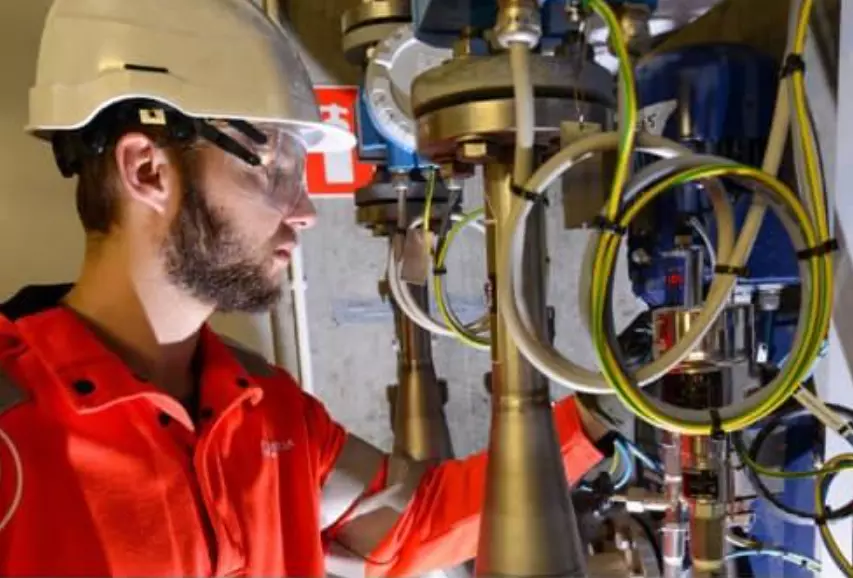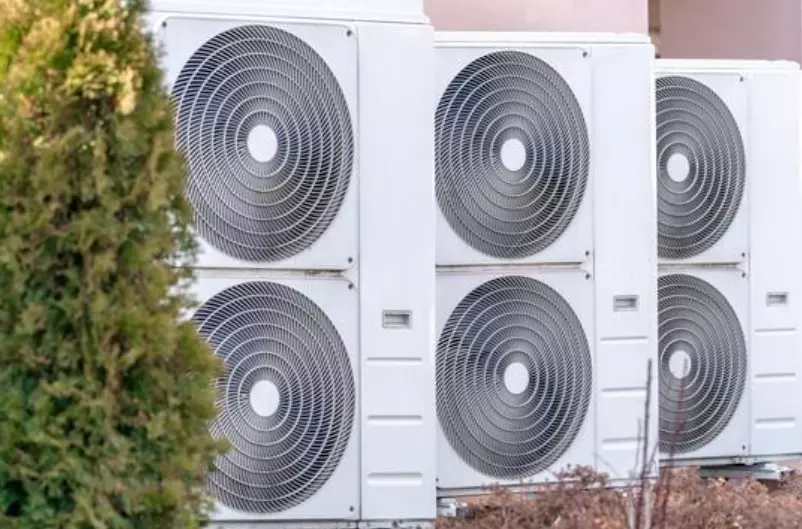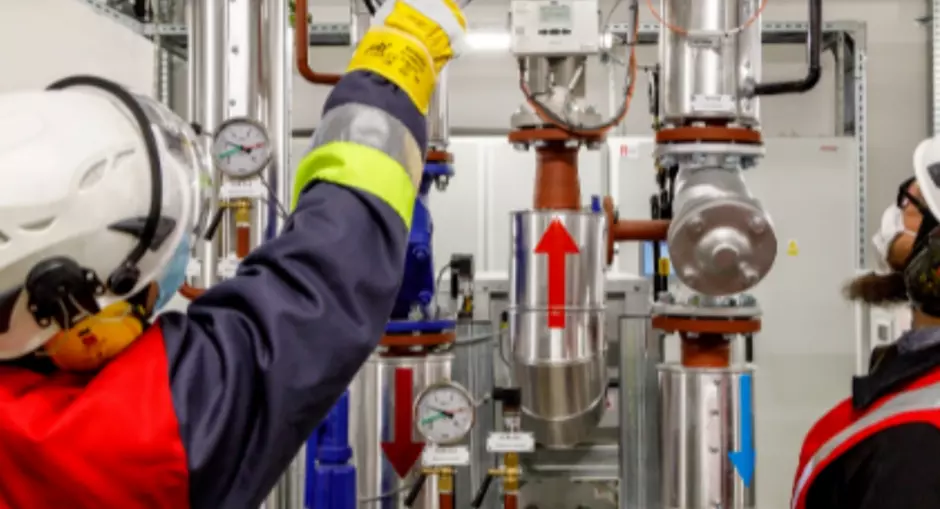Benefits & Drawbacks of Heat Pumps
Heat pumps are becoming a sought-after choice for businesses and even homeowners looking for an efficient and environmentally friendly way to heat and cool down spaces. These systems work by transferring heat from one location to another, making them highly efficient and cost-effective. Below, we'll explore the benefits and drawbacks of heat pumps, so you can decide if they're the right choice for you.
Energy Efficiency
One of the most significant benefits of heat pumps is their energy efficiency. Unlike traditional heating systems that burn fuel to generate heat, heat pumps transfer heat from the air or ground. This means that they can provide up to four times as much energy as they consume, making them an excellent choice for homeowners looking to reduce their energy bills.
Eco-Friendly
Heat pumps are also an eco-friendly choice for heating and cooling your home. Because they don't burn fuel, they produce significantly fewer carbon emissions than traditional heating systems. In addition, many heat pumps use refrigerants with low global warming potential, making them an even greener choice.
Versatility
Heat pumps are highly versatile and can be used to heat and cool your home. They're also suitable for a range of properties, from small apartments to large homes. Additionally, some heat pumps can be used to heat swimming pools and hot tubs, providing an all-in-one solution for your home heating needs.
Improved Indoor Air Quality
Heat pumps can also improve the air quality in your home. Unlike traditional heating systems, heat pumps don't burn fuel, which means they don't produce harmful pollutants. Additionally, because they circulate air throughout your home, they can help filter out dust and other allergens, leading to improved air quality.
High Upfront Costs
One of the biggest drawbacks of heat pumps is their high upfront costs. Depending on the type of heat pump and your home's size, installation costs can range from a few thousand to tens of thousands of dollars. However, while the initial investment may be high, the energy savings over time can make up for the cost.
Cold Weather Performance
Some heat pumps can struggle to perform in extremely cold weather. Air source heat pumps, for example, may not be as efficient when the temperature drops below freezing. However, many heat pumps are designed to work in a range of temperatures and can switch to an auxiliary heating source if necessary.
Maintenance Costs
Heat pumps require regular maintenance to ensure they operate at peak efficiency. This can include annual inspections, filter changes, and refrigerant top-ups. While the maintenance costs are generally lower than those of traditional heating systems, they are an ongoing expense that homeowners should factor into their budget.






